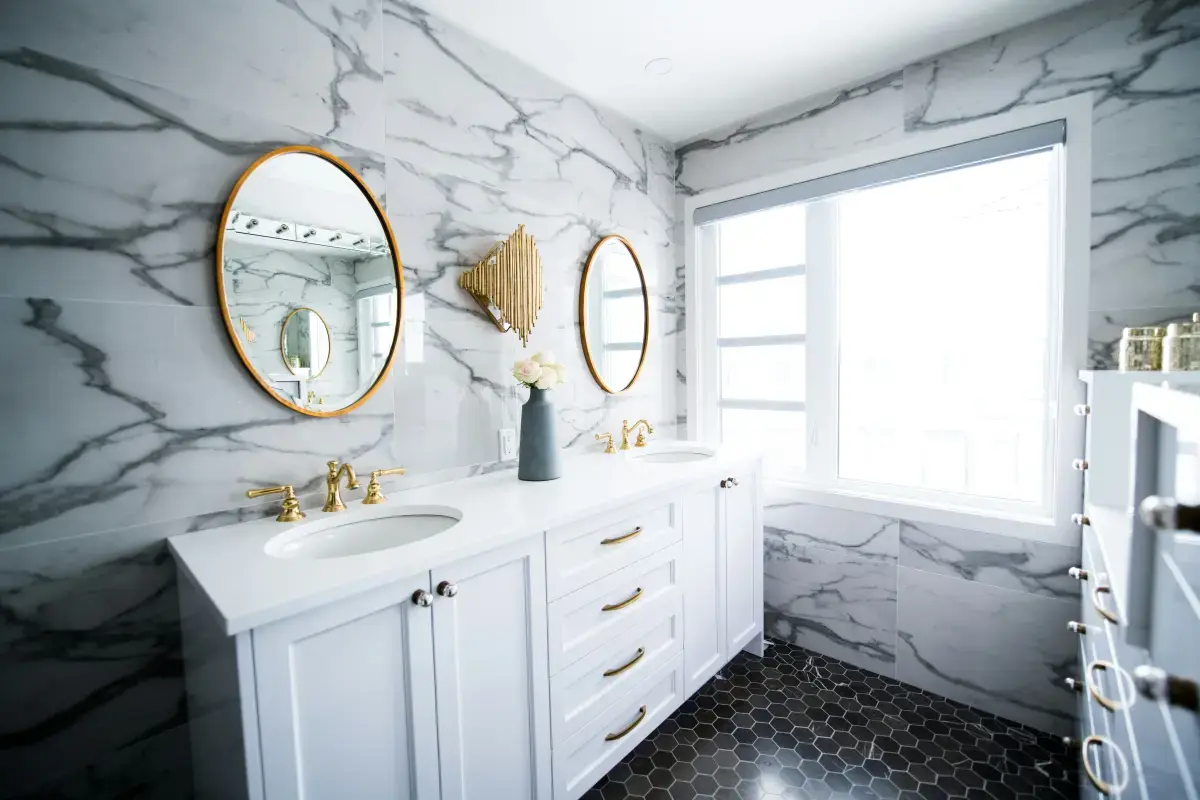
Dealing with Bathroom Leaks: Causes, Prevention, and Solutions
Bathroom leaks are a common issue for homeowners in Toronto, often leading to costly repairs and water damage if left unaddressed. Whether it’s a dripping faucet, a leaky toilet, or water seeping from the shower, addressing these problems promptly can save you time, money, and frustration.
In this guide, we’ll explore the main causes of bathroom leaks, how to prevent them, and what to do when leaks occur.
Common Causes of Bathroom Leaks
Several factors can contribute to bathroom leaks, including:
- Faulty Plumbing: Worn-out pipes, loose connections, or poor installation can result in leaks under sinks or behind walls.
- Damaged Seals and Grout: Cracked grout or failing seals around showers and bathtubs allow water to seep into surrounding areas.
- Clogged Drains: Blockages in drains create pressure, leading to leaks or even burst pipes.
- Aging Fixtures: Old faucets, toilets, and showerheads may develop cracks or lose their watertight seals over time.
Preventing Bathroom Leaks
Preventative measures can help you avoid the hassle of unexpected leaks:
- Regular Maintenance: Inspect plumbing, grout, and seals periodically to identify wear and tear.
- Proper Ventilation: Ensure your bathroom is well-ventilated to prevent moisture buildup, which can weaken seals and fixtures.
- High-Quality Materials: Use durable materials and hire professionals for installations to minimize future issues.
What to Do When You Spot a Leak
If you notice a bathroom leak, act quickly to minimize damage:
- Identify the Source: Check faucets, drains, and visible pipes to locate the leak.
- Shut Off Water Supply: Turn off the water supply to prevent further leakage.
- Dry the Area: Use towels or a wet-dry vacuum to remove water and reduce the risk of mold growth.
- Call a Professional: For complex issues, hire a licensed plumber to fix the problem effectively.
When to Seek Professional Help
While minor leaks like a dripping faucet may be fixable with basic tools, more severe leaks often require professional assistance, especially if:
- The leak is behind walls or under floors.
- Mold or mildew is already visible.
- You suspect structural damage from prolonged water exposure.
Conclusion
Bathroom leaks can escalate quickly, causing significant damage if not addressed. By understanding the causes, taking preventative measures, and acting swiftly when leaks occur, you can protect your home and avoid unnecessary expenses. Regular maintenance and prompt action are the keys to keeping your bathroom leak-free.
Don’t let a small leak turn into a major problem—take care of your bathroom today!